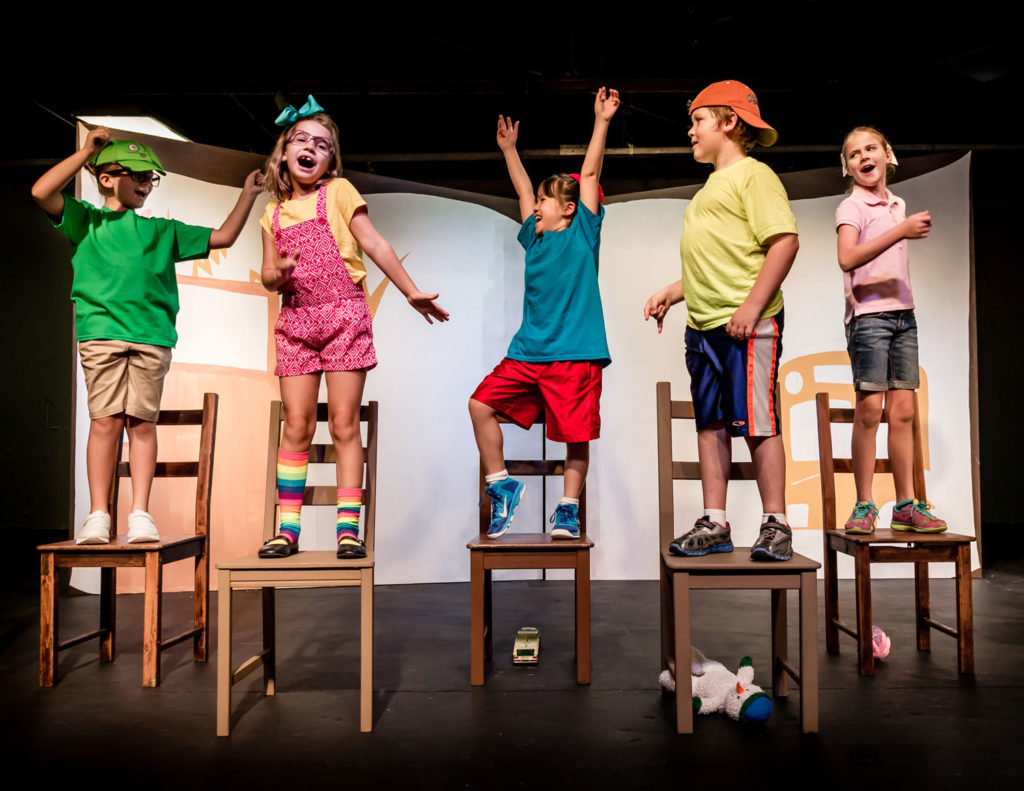The Xpress method is an approach to language learning that blends years of experience in the dramatic arts with teaching English as a second language.
Learning English through theater can be an engaging and effective approach for several reasons:
- Language Immersion: Theater provides an immersive environment where learners are constantly exposed to spoken English. They hear authentic pronunciation, intonation, and expressions, which helps improve listening and speaking skills.
- Contextual Learning: Theater performances often involve storytelling, drama, and real-life situations, allowing learners to understand language in meaningful contexts. This contextual learning enhances comprehension and retention of vocabulary, grammar, and idiomatic expressions.
- Emotional Connection: Participating in theater fosters an emotional connection to the language. Learners become emotionally invested in the characters and storylines, which can make language learning more enjoyable and memorable.
- Non-Verbal Communication: Theater relies not only on spoken words but also on body language, gestures, and facial expressions. This helps learners understand the importance of non-verbal communication and improves their ability to interpret and express emotions effectively.
- Creativity and Imagination: Engaging in theater encourages creativity and imagination. Learners can explore different characters and scenarios, which can lead to more dynamic and flexible language use.
- Confidence Building: Performing on stage can boost learners’ confidence in using English. They overcome stage fright, speak in front of an audience, and receive feedback, all of which contribute to improved public speaking and communication skills.
- Teamwork and Collaboration: Theater often involves working with others, promoting teamwork and collaboration. Engaging in group activities and performances allows learners to practice language skills in a social setting.
- Cultural Understanding: Through theater, learners can explore various cultures, as plays and performances may showcase different historical periods, societal norms, and perspectives. This broadens their understanding of the English-speaking world and fosters cultural sensitivity.
- Problem-Solving Skills: Rehearsing and performing in theater requires creative problem-solving, critical thinking, and adaptability. These skills can transfer to language learning, making learners more resourceful in dealing with language challenges.
- Fun and Motivation: Learning English through theater can be an enjoyable and motivating experience. It breaks away from traditional language learning methods, making the process more engaging and exciting.
In summary, learning English through theater offers a holistic and immersive language learning experience. It combines language acquisition with creativity, culture, and personal growth, making it an effective and enjoyable approach for many learners.


